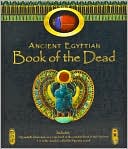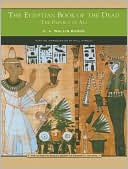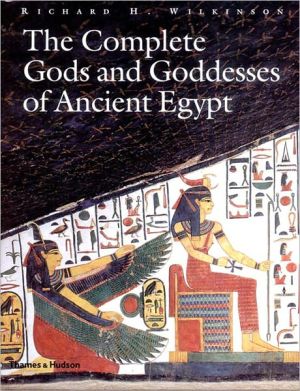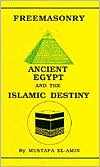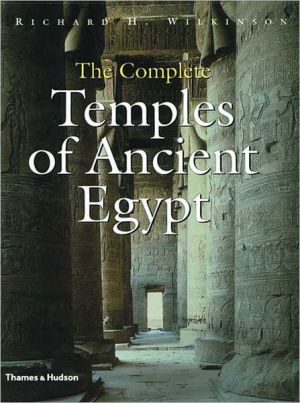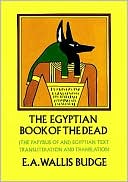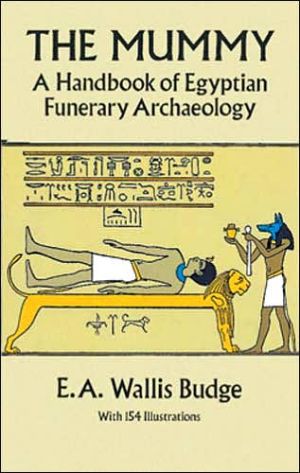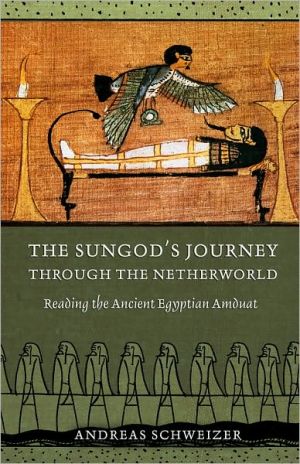The Egyptian Hermes: A Historical Approach to the Late Pagan Mind
Sage, scientist, and sorcerer, Hermes Trismegistus was the culture-hero of Hellenistic and Roman Egypt. A human (according to some) who had lived about the time of Moses, but now indisputably a god, he was credited with the authorship of numerous books on magic and the supernatural, alchemy, astrology, theology, and philosophy. Until the early seventeenth century, few doubted the attribution. Even when unmasked, Hermes remained a byword for the arcane. Historians of ancient philosophy have...
Search in google:
Sage, scientist, and sorcerer, Hermes Trismegistus was the culture-hero of Hellenistic and Roman Egypt. A human (according to some) who had lived about the time of Moses, but now indisputably a god, he was credited with the authorship of numerous books on magic and the supernatural, alchemy, astrology, theology, and philosophy. Until the early seventeenth century, few doubted the attribution. Even when unmasked, Hermes remained a byword for the arcane. Historians of ancient philosophy have puzzled much over the origins of his mystical teachings; but this is the first investigation of the Hermetic milieu by a social historian.Starting from the complex fusions and tensions that molded Graeco-Egyptian culture, and in particular Hermetism, during the centuries after Alexander, Garth Fowden goes on to argue that the technical and philosophical Hermetica, apparently so different, might be seen as aspects of a single "way of Hermes." This assumption that philosophy and religion, even cult, bring one eventually to the same goal was typically late antique, and guaranteed the Hermetica a far-flung readership, even among Christians. The focus and conclusion of this study is an assault on the problem of the social milieu of Hermetism. Shadow [T]he books ascribed to Hermes . . . fall into two divisions, the technical and the philosophical, which Fowden treats separately. . . . [His] scholarly survery makes an excellent foundation for further study of points of detail and of paganism in general.
AbbreviationsPreface to the 1993 editionPreface (1986)Introduction: The texts1Pt. IModes of Cultural Interaction1The durability of Egypt13The gods of Egypt14Hermes Trismegistus22The Hermetica312Translation and interpretation45Aretalogies of Isis and Asclepius45Manetho and Chaeremon52Books of Thoth and technical Hermetica57Instructions and philosophical Hermetica68Pt. IIThe Way of Hermes3Magister omnium physicorum75Sympatheia75Magic79Occult properties and alchemy87Astrology914Religio mentis95The philosophical paideia97Gnosis1045Towards a via universalis116Technique and philosophy: interactions116Zosimus of Panopolis120Pre-Iamblichan theurgy126Iamblichus of Apamea1316Hermetism and theurgy142The role and understanding of ritual142Bitys150Pt. IIIThe Milieu of Hermetism7Hermetism in Egypt155The evidence of the Hermetica156First-century Alexandria - and beyond161Temples and priests166Upper Egypt168Late antique Alexandria177The milieu of Hermetism: a socio-intellectual description1868Aegypti sacra deportata196Conclusion213Appendix: Earliest testimonies to the name 'Hermes Trismegistus'216Bibliography218Index237
\ Shadow[T]he books ascribed to Hermes . . . fall into two divisions, the technical and the philosophical, which Fowden treats separately. . . . [His] scholarly survery makes an excellent foundation for further study of points of detail and of paganism in general.\ \

